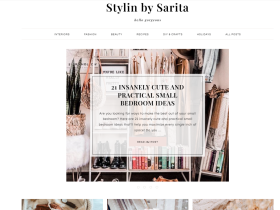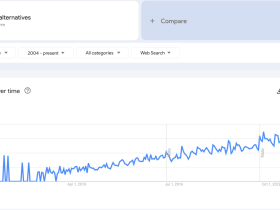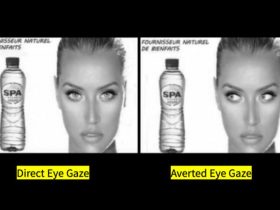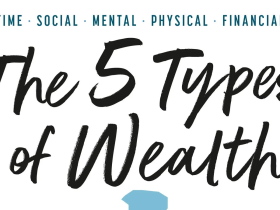Take a long, deep breath. Feels good, right? Well, maybe—depending on where you are. Fresh air is something we all crave, but let’s be real, too often our air is anything but fresh. You check the weather app daily, but do you ever glance at the Air Quality Index? You should. According to the World Health Organization, about 99% of the global population breathes air that fails to meet the agency’s strict standards at some point. Yeah, that’s almost everyone.
Pretty bad. Polluted air, filled with noxious gases and tiny, invisible particles that sneak into our lungs and bloodstream, kills an estimated 7 million people every year. Yes, million. And if you live in one of the world’s smoggiest cities—think New Delhi, Dhaka, Bangkok, or Jakarta—clean air might feel like a distant dream.
But don’t get too comfortable if you’re elsewhere. Vox points out that air pollution is a silent killer that spares no one, including Americans. In the U.S., air pollution is linked to 100,000 to 200,000 deaths annually. Long-term exposure isn’t just about coughing a bit more; it can mess with almost every organ in your body, says Ed Avol, a clinical medicine professor at USC’s Keck School of Medicine.
Here’s the kicker: Energy and climate journalist David Roberts argues that even if climate change wasn’t a thing, ditching fossil fuels would still be worth it just for the cleaner air. And now that clean energy is more affordable than ever, the air quality benefits alone make the energy transition a no-brainer.
While we wait for that clean energy utopia, there are things you can do. The Associated Press reminds us that air pollution isn’t just about smoggy skies. Remember those COVID-era masks we all had lying around? Turns out they’re still useful—they filter out pollutants when you’re outdoors. And don’t forget about indoor air pollution, which can sneak in from simple stuff like cooking or burning incense. Investing in a basic air purifier can go a long way, especially in places you spend most of your time, like your living room or bedroom.
So, next time you take a deep breath, maybe double-check that Air Quality Index first. Your lungs will thank you.





